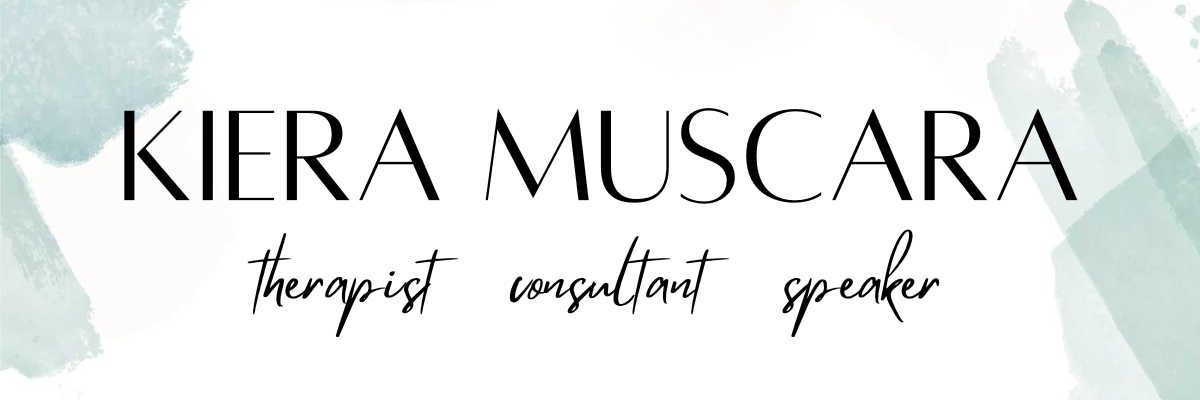“Relax!,” “You’re so tense,” “It’s not that big of a deal, let it go!” – sounds like a stressful situation, right? For someone with anxiety, these phrases get thrown at you on a daily basis, and they’re more embarrassing and painful than you’d ever imagine.
I have always been an anxious person. My parents could see it in me from an early age, but in many ways, it was something very internal. Most of the worries and concerns I felt were kept inside, largely out of fear that others would think I was crazy. Because even in my neutral state, I’m often greeted with those seemingly innocent statements, and for an anxious individual, those words cut like a knife and shine a light on the flaws that keep you from feeling “normal.” I simply don’t know a life without anxiety.
Everything was always so important to me. My parents have never had to worry about me putting myself into unsafe situations because I’ve already thought of every possible outcome 20 times over and meticulously position myself where I need to in order to feel in control. It’s hard to know how to interact with that kind of personality, because on paper, I myself know it sounds high maintenance and just plain annoying. So how do you best support and take care of a loved one with anxiety?
Start by avoiding those statements above – because it doesn’t make us feel comforted; it makes us feel foolish for even feeling that way in the first place, and negates the very real emotions we feel. However, I do think there is an important distinction between validating those fears and fueling them. Acknowledge the magnitude and reality of their anxious thoughts, but empower them to ground themselves in the truth of the situation instead. Help them to recognize that while these thoughts are overwhelming and agonizing, they are just thoughts and are fabricating a danger that will not actually befall them.
In order to best reach that place of clarity though, it’s first crucial to provide them with a safe, supported space – whether that’s physically or emotionally. Anxiety can often be amplified by the environment around us; there is no worse experience than feeling panic creep up in a public, or even unfamiliar, setting. Don’t be afraid to ask them what they need. Even if they’re struggling to physically communicate it, it’s important to give them that sense of control and not just impose your opinions.
For me, one of the most problematic and condescending responses to anxiety is being told to “just breathe.” An individual with anxiety knows that’s necessary, but is struggling to do so, and saying this only amps up the pressure more. However, it’s essential to recognize that it’s not just about breathing, but about regulating the breath. This is the goal at hand and the key to calming anxious thoughts. Gently reminding them of this distinction, and participating in it yourself may help bring their mind back to this task. Once the breathing begins to regulate, it’s easier to feel more in control of your body and ultimately reclaim power over the panic.
The most important thing to remember is that patience and empathy are everything. Anxiety can be an incredibly isolating thing to live with; let them know that you recognize the pain of what they’re experiencing and will continue to stand by and support them throughout it all. It simply cannot be said enough and makes all the difference.

Well done!